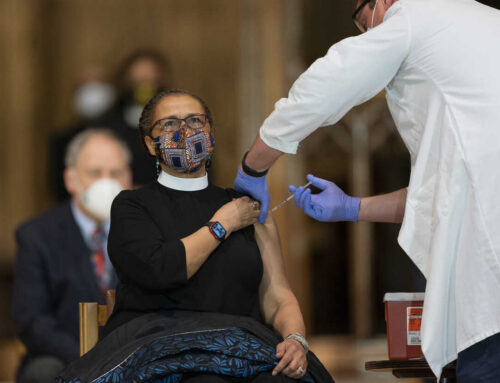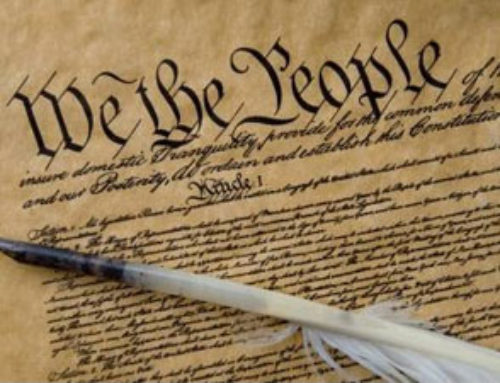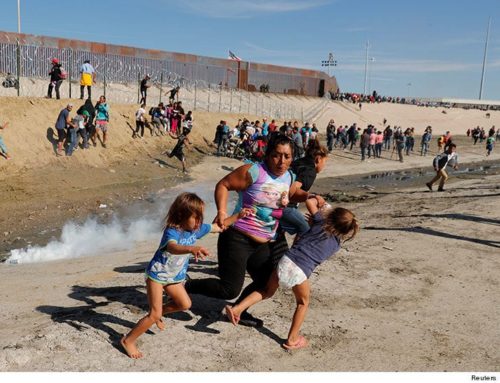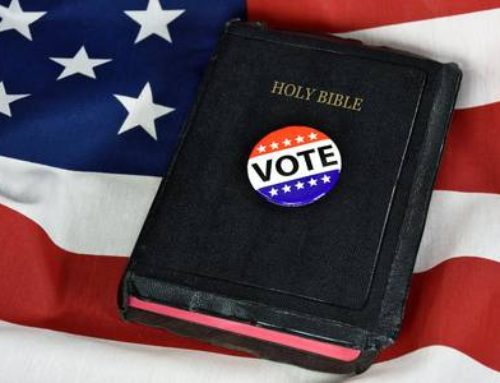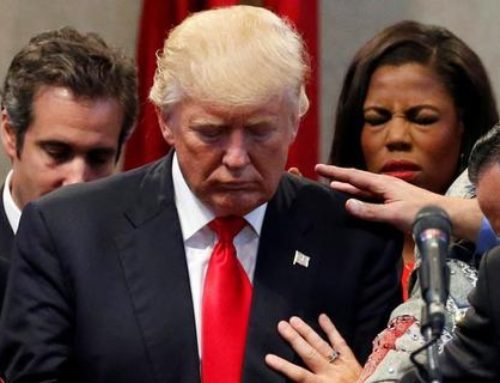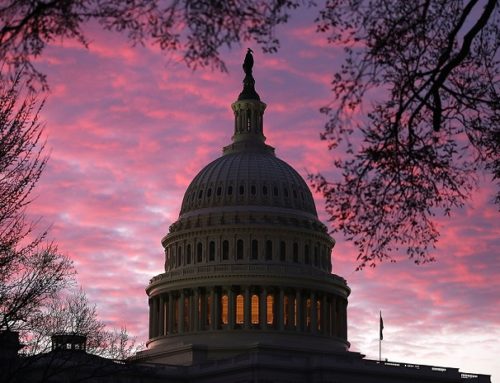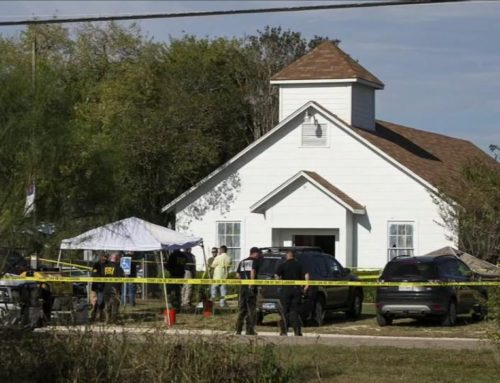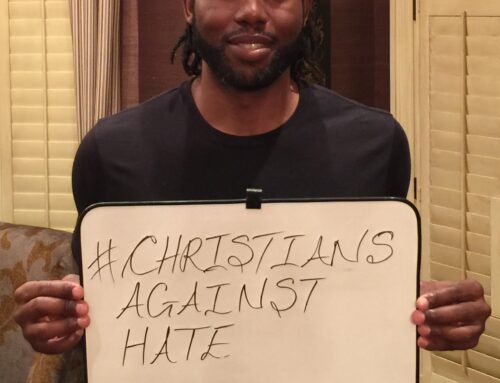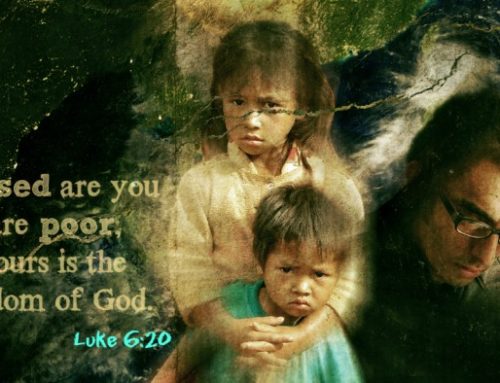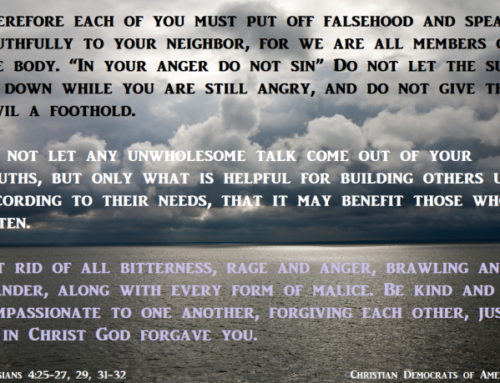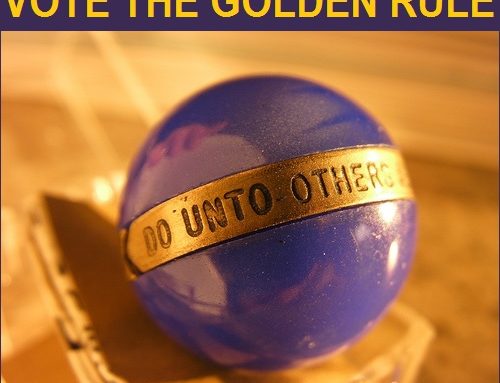The Truth About Christianity and Abortion
By Christina Forrester
For Thousands of Years Christians Weren’t Concerned About Abortion. What Changed?
Abortion is one of the most heated political, social and religious topics of our times. Hundreds of millions of dollars are spent each year by “right-to-life” groups to raise awareness, fight for more abortion restrictions in the United States and around the world, and to support “pro-life” political candidates. It could even be said that abortion is the single issue that gave the 2016 U.S. Presidential election to Donald Trump, since 81% of white evangelicals, a group that is against abortion by 61% or more, voted for Trump. This is a margin that could have easily pushed swing states in the other direction. However, the phenomena of the vehement anti-abortion vigilance in right-wing Christianity is a relatively new one based on the lack of interest in the topic in early Christian teaching, Biblical texts and Christian culture throughout history. From a Christian cultural perspective that existed for millennia, in comparison to the views today, there has been an historic shift.
In a 2015 journal article for the Human Life Review, William Doino summarized the views echoed in print, media, flyers, commercials, and teaching by pro-life Christians across the country, saying, “Abortion is the worst domestic crime ever sanctioned by America, and the statistics become grimmer by the year: nearly 60 million unborn children have been legally murdered since Roe.” Anyone even remotely involved in politics in the last few years has heard a sentiment very similar to this. Many right-to-life advocates use the term “murder,” expressing their deep feelings on the topic. They also call liberals, Democrats, or anyone supporting a Democratic candidate an accessory. Doino’s commentary is relatively common and expresses the sentiment and argument used. As director and founder of Christian Democrats of America, I have been called a murderer more times than I can count, as have thousands of our members on social media.
It may be fair to say that it is understandable the abortion issue takes paramount importance in the political sphere with those who hold these beliefs. If you truly see abortion as a domestic crime; an onslaught of murder like a type of Holocaust, then you have no room for alternate views and are not open to compromise or moderation on the issue. It is this kind of thinking that gave way to the 2016 “one-issue voter,” a term used for the millions of evangelical and conservative Christians/Catholics who voted for Trump based on one issue: his promise to be “pro-life” in policies and appoint a “pro-life” Supreme Court justice. They were willing to overlook anything – really, anything – else that was inherently against their Christian values, as long as Trump proclaimed a “pro-life” stance on abortion. So, one could say this issue, in the minds of millions of Christian voters, is truly more important than healthcare for the poor, than misogyny, xenophobia, vulgarity, our standing in the world, peace, safety of our country, protection of immigrants, or any other issue one would think might be of grave importance to Christian Americans. Minorities, women, the least of these and most vulnerable, even the entire country for goodness sake, can go to hell in a hand basket…but it doesn’t matter…abortion TRUMPS all! But this is what makes it so surprising that literally for millennia, abortion was not a prioritized issue for Christians.
The well-formulated moral, spiritual and political argument on abortion from the conservative Christian and Catholic view is relatively new in the scheme of things. There are no specific references to abortion in the Bible, either within Old Testament law or in Jesus’ teachings or the writings of Paul and other writers in the New Testament. Most pro-life Christians will use the argument that the simple command of “you shall not murder” (Exodus 20:13) and descriptions such as, “you knit me together in my mother’s womb (Psalm 139:13)” are enough to extrapolate a command regarding abortion, though this is merely opinion, as a reference to ending pregnancy is never mentioned in the texts. Likewise, throughout the history of the early church into the middle-ages, there is little to no mention of abortion as a topic of great alarm – from the days of the Old Testament until modern history. Hence, there is no case to be made for a definitive Christian stance throughout history on the spiritual or moral aspects of abortion. Arguably, three of the most prominent authorities on Christian doctrine and teachings historically would be the Apostle Paul, St. Augustine in the 5th century and St. Thomas Aquinas in the 13th century, and compared to Christian leaders today, these figures are mostly silent on the topic. Traditionally the Church was “tolerant” on abortion before the third trimester, from the time of the early church until the late 19th century.
St. Augustine is considered a Christian doctrinal authority in all respects, helping to shape the Christian religion and finer points of doctrine and practices. His statements and teaching on abortion can be summarized in this quote: “The law does not provide that the act (abortion) pertains to homicide, for there cannot yet be said to be a live soul in a body that lacks sensation.” He was simply reiterating the traditional Jewish view…that the destruction of a fetus could be considered homicide only at a relatively late stage of fetal development. Keep in mind also that the reference to homicide after around week 24 did not include the need to end a late-term pregnancy before or during labor to save the life of the mother – it was generally accepted that this was the decision of the parents, due to mortality rates for infants and mothers being so much higher throughout history; anything was done to save the mother’s life and this was not usually questioned. Moreover, the brevity of his comment indicates the relatively low level of importance he assigned to this issue compared to others. St. Thomas Aquinas held a similar view in not calling abortion homicide until around the third trimester. Aquinas did not believe in life at conception, but rather “ensoulment.” He offered no defense for abortion, but also did not give the matter much importance in comparison to his other writings.
Not only did the most well-known church theologians not take a strong stance on abortion, but neither do the most strict laws of the Old Testament. Anyone who has studied Old Testament law knows there is not much that isn’t addressed, from hair style to fabric choice! Yet, Ignacio Castuera in A Social History of Christian Thought on Abortion said, “The only passage that deals directly with the death of a fetus is Exodus 21: 23, which describes the penalty to be incurred for hurting a pregnant woman accidentally during a fight between two men. According to the Septuagint, if the fetus has not yet assumed complete human shape, the penalty is a monetary fine; but if the fetus is fully formed, the penalty is death. Thus, in ancient Israel, killing a fetus that was not viable was never considered murder.” Even today, most Jewish teachings hold that life begins not at conception but at birth and 83% of America Jews believe abortion should be legal in most cases.
Likewise, in the New Testament, there is no direct teaching on abortion. Jesus does not address the topic specifically and not one of His parables talks about ending a pregnancy. Neither do any of Paul’s letters mention abortion. Abortion was very prevalent in many of the places Paul visited – we know this from other historical texts, and as he mentions in his letters, these cities were brimming with prostitution and illicit sexual activity. In fact, Paul never had a problem speaking out on any topic he believed followers of Christ should pay attention to! This makes it very interesting that abortion was obviously not a topic of enough priority for Paul to mention because, contrary to the many people on Twitter who have confronted me with a challenge to “READ THE WORD ABOUT ABORTION,” he never does mention it. And Paul was not ambiguous or shy about addressing anything he deemed important for a Christian life.
So, when and why did the shift in mainstream Christianity and the Catholic Church against abortion take place if it had been unprecedented in its controversy throughout history? The various factors are too numerous to explore in-depth in this article, but an underlying theme of these changes in Catholic Church doctrine, and conservative Protestant socio-economics, politics and culture were a new shift towards women’s rights and liberalism. There was a gradual shift of resistance towards change and views and laws on contraception, and abortion started changing within that resistance. While the Church had always held that stopping a pregnancy around week 23-24 was morally wrong and it sometimes held the position that this was akin to murder, strong teaching and laws against late-term abortion due to concern for the mother’s health and first and second trimester abortion restriction was a new thing starting around in the late 1800’s. Another new thing: the idea of women’s independence, leadership and the suffrage movements at the turn of the century. I will let you decide if this is coincidence or not.
Christina Forrester is the Founder and Director of Christian Democrats of America. Follow her at @Christinaof9 and Christian Democrats at @ChristianDems.
Sources:
Castuera, Ignacio. “A Social History of Christian Thought on Abortion: Ambiguity vs. Certainty
in Moral Debate.” American Journal of Economics and Sociology76.1 (2017): 121-227. Web.
11 Feb. 2017.
Doino, William, Jr. “March On For Life.” The Human Life Review (2015): 1. Web. 11 Feb.
2017.
Edison Research for the National Election Pool. Poll. N.p., 2016. Web. 11 Feb. 2017.
Forbes. 2016. https://www.forbes.com/sites/tarahaelle/2016/10/20/no-late-term-abortions-dont-rip-babies-out-of-wombs-but-they-are-needed/#6caffdf55cf8
<https://www.nytimes.com/interactive/2016/11/08/us/politics/election-exit-polls.html>.
Wormald, Benjamin. “Religious Landscape Study.” Pew Research Center’s Religion & Public
Life Project. N.p., 11 May 2015. Web. 11 Feb. 2017.







